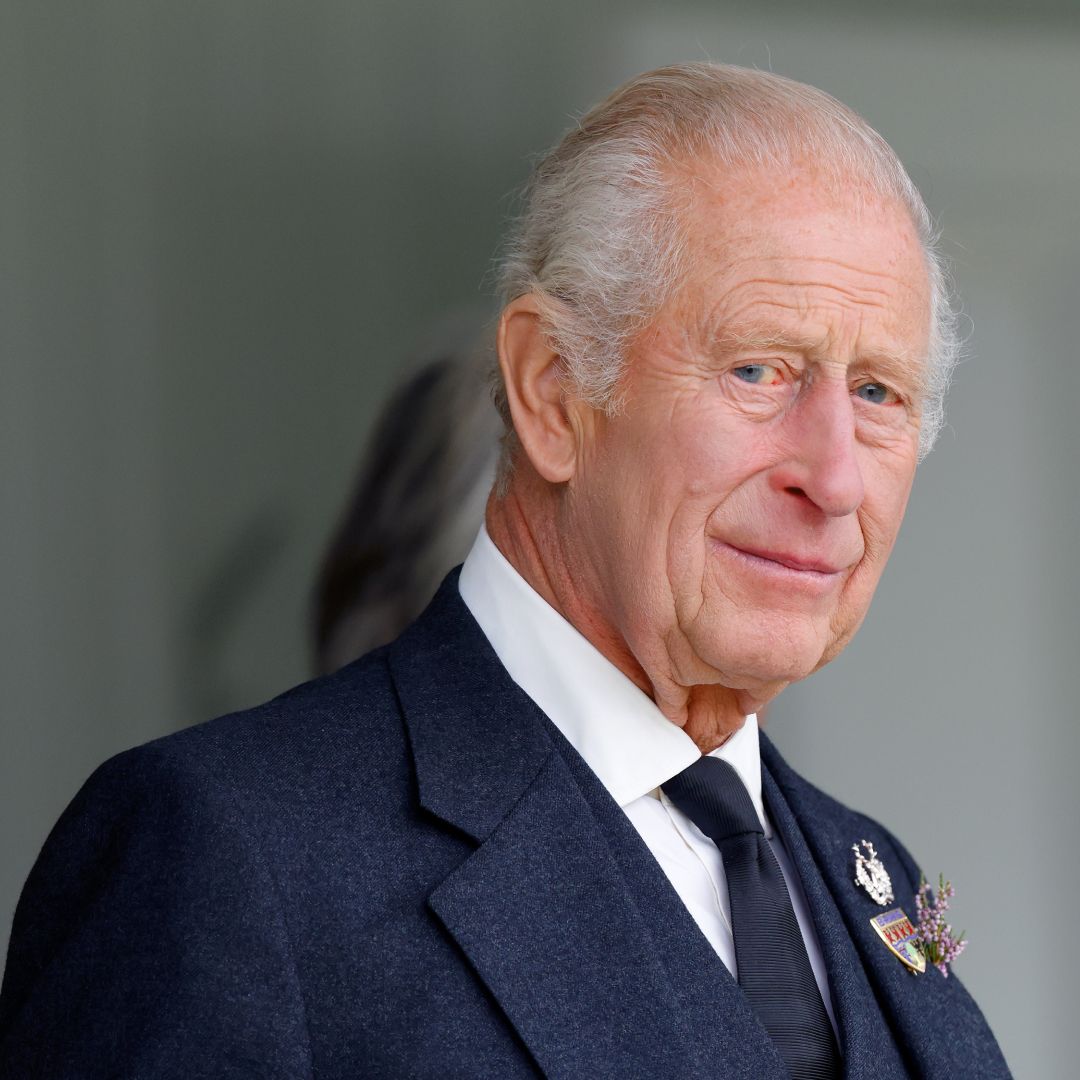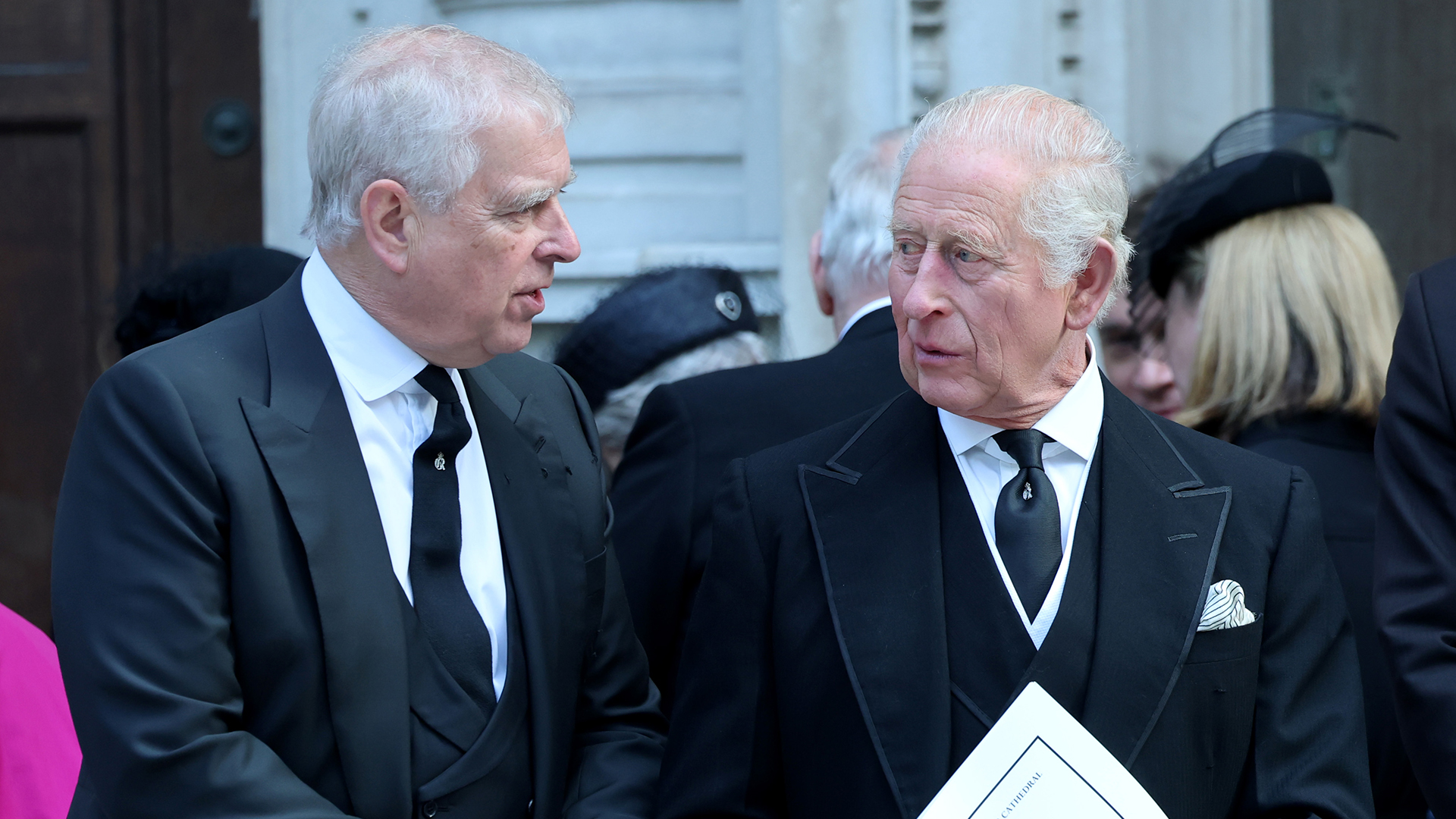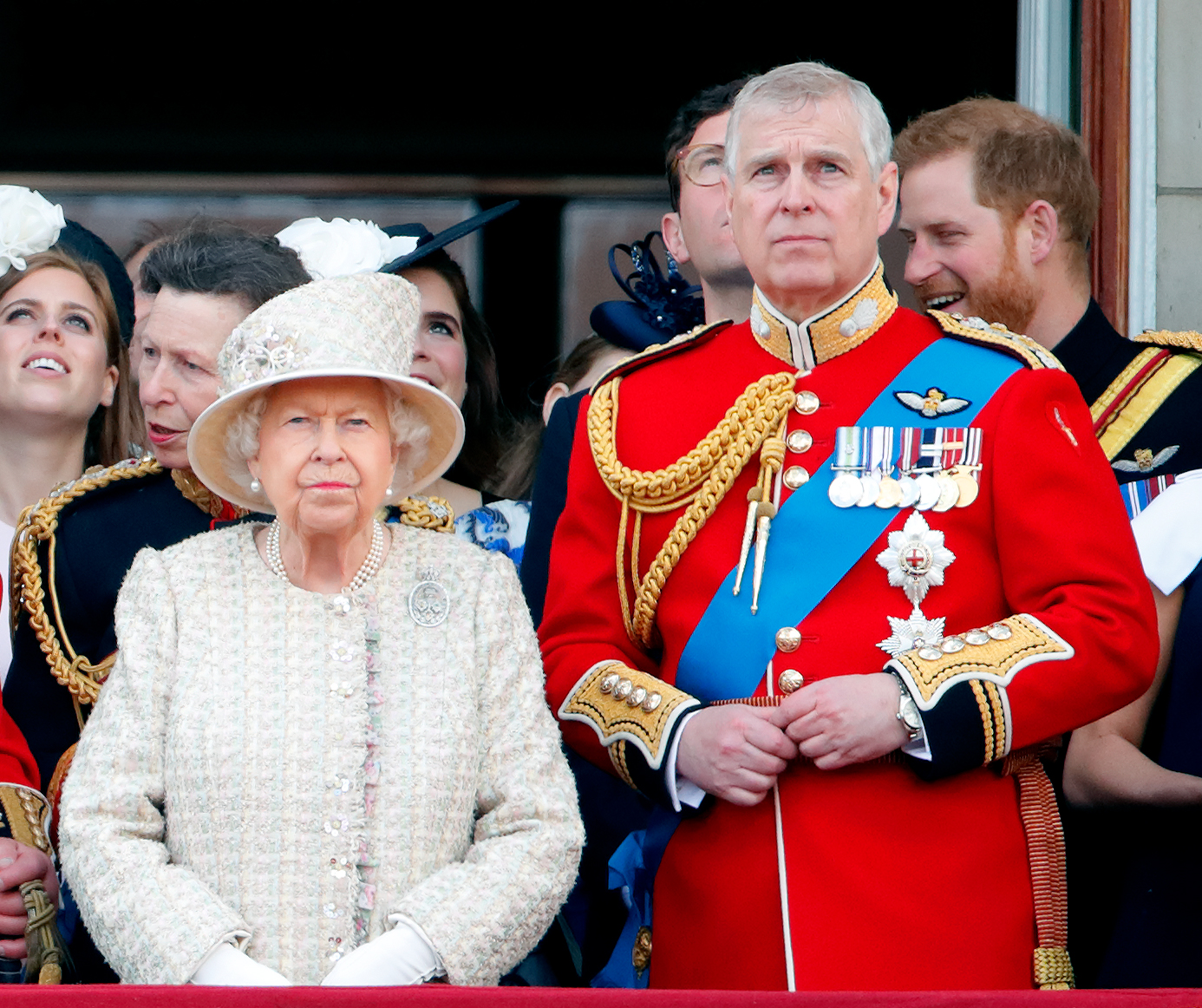
After making the bombshell announcement that Prince Andrew would be stripped of all of his titles on Thursday, October 30, King Charles is leaning into a "more radical" era of his kingship, according to one royal expert. The monarch has formally removed his brother's prince title and evicted Andrew from his home, Royal Lodge, as of Thursday—a move that's been years in the making after the former Duke of York's association with the late sex offender Jeffrey Epstein.
University of Sydney cultural historian and monarchy expert Cindy McCreery tells Marie Claire that The King's power move shows he isn't afraid to make bold choices, even if the public might think he waited too long to do so.
"I think this decision marks a new phase in The King's leadership style because this is a far more radical, and some might say ruthless move than we've seen in The King's reign so far," McCreery says.

"What it is signaling is that The King is listening to the public, he's listening to the accounts of survivors of sexual abuse and trafficking, like the late Virginia Giuffre, and he's also listening to his heir, namely Prince William, who from all accounts was very angry about Andrew's position within the Royal Family and I think would warmly welcome this move," the University of Sydney associate professor continues.
The Prince of Wales has indeed been an integral part of conversations regarding his uncle, with Prince William understood to have supported his father's decision to strip Andrew of all titles and styles and remove him from Royal Lodge.
McCreery, whose research focuses on monarchy and colonialism, continues that this week's announcement demonstrates the differences between King Charles and his mother, Queen Elizabeth.
"This is The King really stepping up and showing the world that he means business, that this is a permanent change and that he's not going to change his mind," she tells Marie Claire. McCreery adds that the move "is a clear signal from Charles that he is trying to draw a line between the murky past and what he sees as a bright future."

As Queen Elizabeth's favorite son, Prince Andrew was largely protected by his mother during her reign. However, King Charles is less willing to look the other way. McCreery notes that The King and Queen Camilla "want to position themselves as concerned about ordinary people's experiences," especially since The Queen carries out work with women who have suffered from abuse as a key part of her royal focus.
"Their Majesties really do support, listen and acknowledge the trauma suffered by survivors of sexual abuse," McCreery adds.
The monarchy expert points out that King Charles is taking public feedback into account in a different way than his mother did. "I think this is a very big difference from the more aloof, more impersonal reign of Queen Elizabeth, and a sign that the King is willing to listen in a way that wasn't as clear or as much of a priority for the previous British monarch," she says.







